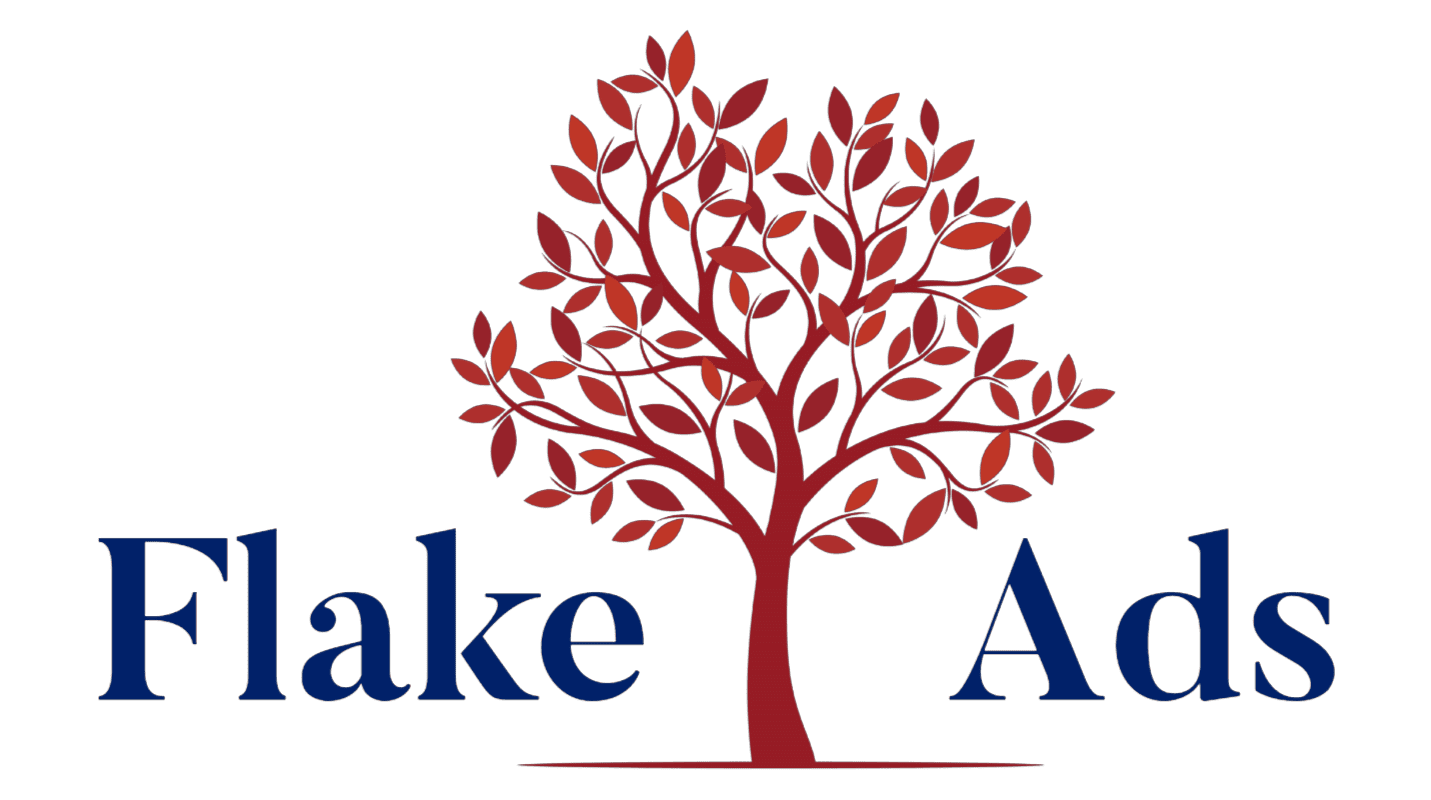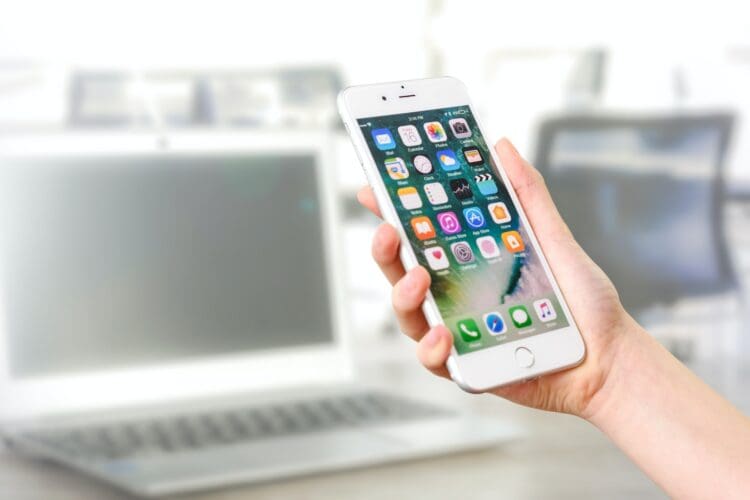Twitter is up in arms over Meta’s new app Threads, and has threatened legal action in response. Threads is a mobile messaging platform that allows users to create and join private chat groups. While it may sound like a harmless app, Twitter believes that it infringes upon its intellectual property rights, and has taken swift action to protect its interests. We’ll explore why Twitter is so upset about Threads and what it means for the app’s future.
Background on Twitter and Meta
Twitter and Meta are two major players in the social media landscape. Twitter, founded in 2006, is a popular micro-blogging platform that allows users to share their thoughts and ideas in 280 characters or less. With over 330 million active monthly users, Twitter is a household name that has played a significant role in shaping how people communicate online.
Meta, formerly known as Facebook, is the parent company of Facebook, Instagram, and WhatsApp. With over 2.8 billion active monthly users across its various platforms, Meta is the largest social media company in the world. The company’s mission is to “bring the world closer together” by connecting people and communities across the globe.
Recently, Meta launched a new app called Threads. This app allows users to share photos and videos with their close friends in a private space. While it is similar to Instagram’s Close Friends feature, Threads also includes automatic sharing of a user’s location, status updates, and battery life.
Twitter has raised concerns about Threads, with the company going as far as threatening legal action against Meta. The reason behind Twitter’s concern and legal threat is the potential for Threads to infringe on Twitter’s patent for its Fleets feature. Fleets are Twitter’s own version of Stories, which allow users to share short-lived posts that disappear after 24 hours. While Twitter has not yet filed a lawsuit, the company has warned Meta that it will take legal action if necessary to protect its intellectual property.
The ongoing dispute between Twitter and Meta over Threads highlights the increasing competition between social media companies. With new features and apps constantly being developed and launched, the competition for users’ attention and engagement is fiercer than ever before. As social media companies continue to push the boundaries of innovation, legal disputes like this one are likely to become more common.
What is the Threads app?
Threads is a new social media app developed by Meta, formerly known as Facebook. It’s designed to allow users to connect and communicate with a select group of people through messaging and status updates. The app’s primary function is to create small, intimate groups within a larger social network, which Meta claims will foster more meaningful and personal interactions.
Threads is integrated with Facebook and Instagram, allowing users to easily share their status updates and photos with their select group of friends. The app also has a “status” feature that allows users to share what they’re currently doing with their friends, similar to Facebook’s original status update feature.
While Threads has some similarities to Twitter’s Direct Messages feature, it’s important to note that Threads is meant to be a separate social media platform, rather than just an extension of Facebook or Instagram. The app has its own distinct interface and user experience, which Meta hopes will attract a different type of user.
Threads is currently only available for download in a few select countries, but Meta plans to roll out the app globally in the near future. However, Twitter’s recent legal threat may complicate matters for Meta and could potentially delay the app’s global launch.
Twitter’s concerns about Threads
Twitter’s main concern about Threads is the app’s potential to cause confusion among users and damage the integrity of Twitter’s platform. According to Twitter, Threads mimics some of Twitter’s key features and user interface, making it difficult for users to distinguish between the two platforms. The app allows users to follow and engage with other users, post content, and send direct messages, all of which are core functions of Twitter.
In addition, Twitter argues that Threads’ design and features are intended to encourage users to migrate from Twitter to Meta’s platform, which would give Meta an unfair advantage in the social media market. By using Twitter’s established user base and mimicking its key features, Threads could potentially disrupt the competitive landscape and undermine Twitter’s market position.
Twitter has also raised concerns about the potential impact of Threads on user safety and privacy. As a social media platform, Twitter has taken numerous steps to prevent cyberbullying, hate speech, and other harmful behaviors. However, if Threads were to become popular among users, it could become a breeding ground for these types of harmful activities, which would not only harm users but also damage Twitter’s reputation.
Overall, Twitter’s concerns about Threads revolve around the app’s potential to confuse users, disrupt the social media market, and undermine user safety and privacy. These concerns have led Twitter to take legal action against Meta, hoping to prevent the release and widespread adoption of the app.
Twitter’s legal threat and reasoning behind it
Twitter announced that it is considering taking legal action against Meta (formerly known as Facebook) over its new app called Threads. Twitter’s concerns are centered on Threads’ similarities to its own product, Twitter’s DM feature.
In a tweet, Twitter said that Threads is “essentially a clone” of Twitter’s DM feature and accused Meta of copying its design, layout, and functionality. Twitter also stated that the app could create confusion among users who may think that it is an official Twitter product.
Furthermore, Twitter alleges that Meta has failed to respect Twitter’s intellectual property rights by using its user interface elements, such as its DM icon, without permission.
Twitter has asked Meta to stop promoting Threads and to provide compensation for damages caused. If Meta does not comply, Twitter may consider pursuing legal action against the company.
Twitter’s legal threat is significant because it raises questions about the boundaries of intellectual property in the tech industry. Social media platforms have become increasingly competitive, and with this comes the risk of copying features and designs. However, Twitter’s decision to take legal action suggests that it is unwilling to tolerate such behavior, particularly from a company with a history of antitrust issues.
Twitter’s move also highlights the importance of protecting a company’s intellectual property. Intellectual property rights give a company the legal means to prevent others from using their proprietary assets without permission, which can be crucial for maintaining a competitive edge in the marketplace.
In response to Twitter’s legal threat, Meta has stated that it is committed to respecting intellectual property rights and that it will review Twitter’s concerns carefully. The situation is ongoing, and it remains to be seen how it will ultimately be resolved.
This case has broader implications for the future of social media and competition. If Twitter succeeds in its legal action, it could set a precedent for other companies to follow, which may lead to more vigorous protection of intellectual property rights in the tech industry. On the other hand, if Meta is successful in defending Threads, it could signal that the boundaries of intellectual property are more fluid than previously thought, which could result in more competition between social media platforms.
Meta’s response to Twitter’s legal threat
In response to Twitter’s legal threat, Meta stated that they believe their Threads app does not violate any existing trademarks or patents owned by Twitter. They have stated that they intend to vigorously defend their app against any legal challenges.
Meta has also pointed out that Threads is a separate app that operates on a different platform than Twitter. While it is designed to allow users to share updates with their close friends, it is not a direct competitor to Twitter’s core platform.
In addition, Meta has argued that Twitter’s legal threat is an attempt to stifle competition in the social media space. They have stated that they believe in a free and open internet where users can choose the platforms and apps that work best for them.
Overall, Meta’s response to Twitter’s legal threat has been firm and confident. They have stated that they will do everything in their power to defend their app and ensure that users have access to innovative and exciting new social media platforms. Only time will tell how this legal battle will play out, but it is clear that both companies are prepared to fight for their rights and their vision for the future of social media.
Possible implications for the future of social media and competition
Twitter’s legal threat against Meta’s Threads app could have significant implications for the future of social media and competition. On the one hand, Twitter’s concern about Threads potentially infringing on its intellectual property rights highlights the importance of protecting one’s brand and innovations. This could set a precedent for other companies to take similar action to protect their own interests.
On the other hand, this legal threat could also be seen as an attempt by Twitter to maintain its dominance in the social media space. By threatening legal action against a potential competitor, Twitter could be attempting to stifle innovation and prevent new players from entering the market. This could ultimately lead to a less competitive landscape, which could limit choices for users and potentially result in a less diverse and dynamic social media ecosystem. It remains to be seen how this particular case will play out, but it highlights the challenges and tensions inherent in a rapidly evolving digital landscape. As technology continues to advance and new players emerge, it will be important for companies and regulators alike to balance the need for innovation with the need for fair competition and protection of i










